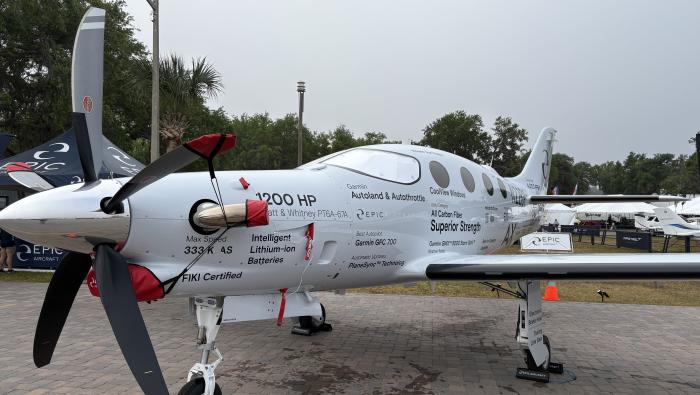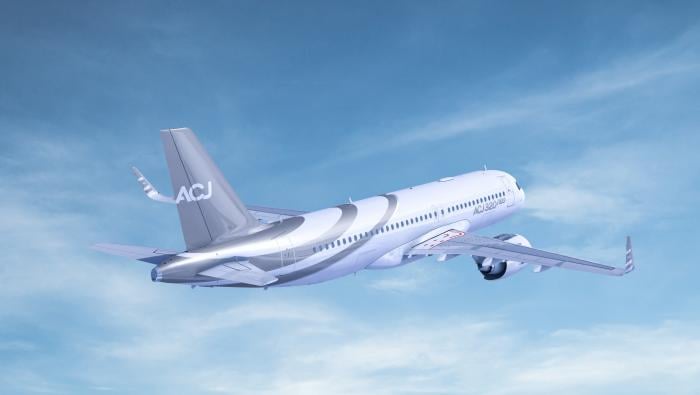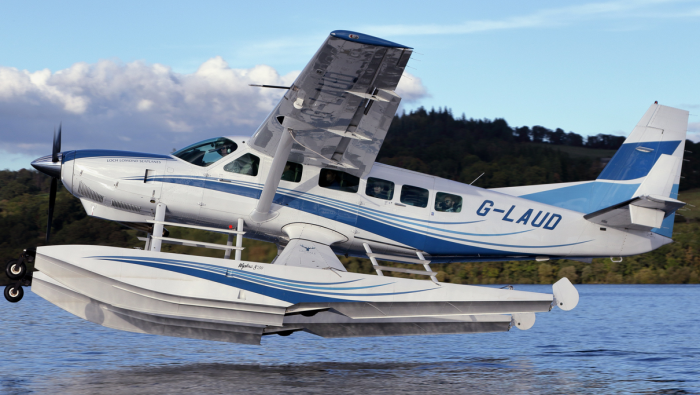The L-3 Communications Integrated Systems-led C-27J team, including partners Alenia Aeronautica, GMAS (a joint L-3/Alenia company) and Boeing Integrated Defense Systems, comes to Le Bourget on a high, having landed the potentially huge Joint Cargo Aircraft competition last Wednesday. The Pentagon announced on June 13 that the team would build the C-27J Spartan to fulfill a joint U.S. Army/Air Force requirement for a multifunction medium transport, beating off competition from a Raytheon/EADS team offering the C-295 transport. The initial JCA contract is worth $2.04 billion and covers 78 aircraft. Current plans call for 145 JCAs (75 for the Army and 70 for the Air Force), possibly rising to 207 units later. Major components are to be built by Alenia in Italy, for assembly by Alenia North America/Boeing at Jacksonville, Florida. Power is provided by the Rolls-Royce (North America) AE 2100.
“We are very pleased with the selection and acknowledgment that the C-27J is the best solution for the JCA,” said Bob Drewes, president and COO of L-3 IS, adding, “The C-27J is ready to perform the JCA today.” Pier Francesco Guarguaglini, chairman and CEO of Finmeccanica (Alenia’s parent company), underlined the team’s satisfaction at winning the competition: “All of us in the Finmeccanica group are proud to have one of our products selected by the U.S. Department of Defense, as the aircraft will serve the U.S. Air Force and U.S. Army requirements for a joint cargo aircraft for many years to come.”
At times the subject of a serious turf war between the Air Force and Army, the JCA program stems from two separate requirements issued by the two services, later rolled into a common requirement. The primary role is intratheater transport, moving personnel and supplies forward from the airhead to the operational units. The ability to operate in and out of austere locations is an important requirement.
Of the two services, it is the Army that arguably has the greatest need. It operates a variety of aircraft in the transport role, but none is considered adequate. The Shorts
C-23 Sherpa, for instance, has struggled in the hot and/or high conditions encountered by deployed forces in Afghanistan and Iraq. To cover this intratheater airlift shortfall, the Army has had to divert CH-47 Chinook helicopters from their primary battlefield roles to ensure the flow of supplies around the operational units. The arrival of JCA in service will remove this added burden on an already overworked CH-47 fleet.
JCA represents the second sale of the basic C-27 design to the Pentagon. Partnered with Chrysler, Alenia sold 10 G222s (as C-27As) to the Air Force in 1990 to serve with U.S. Southern Command in Panama. Alenia subsequently partnered with Lockheed Martin to develop the C-27J, radically overhauling the G222 design using technology and components cascaded from C-130J development.







